First Person
is a regular feature of DePauw Magazine, which is published three times a year.
My book, “The Feeling Economy: How Artificial Intelligence Is Creating the Era of Empathy,” co-written with Ming-Hui Huang, discusses how artificial intelligence will change the nature of business and society. AI is not just science fiction anymore. It permeates our daily lives, changing how we seek and use information and taking over many tasks. When we use Google or ask Alexa a question, we are interacting with AI. Ironically, as AI becomes more able to think, human intelligence is deemphasizing thinking in favor of feeling and interpersonal relationships. The result is a “feeling economy,” in which AI and human intelligence collaborate.
To understand why this is happening, we need to consider the three levels of AI – mechanical, thinking and feeling. Mechanical AI refers to repetitive tasks that can be mechanized and standardized, such as car-making robots. Mechanical is the “easiest” level, and many analysts still wrongly assume that AI’s potential is limited to repetitive tasks.
Before AI, we were in a “physical economy,” with most humans doing physical labor. This economy dominated through most of the 19th century. The Industrial Revolution brought primitive AI into the workplace, and began its uneasy relationship with human intelligence. As AI assumed more mechanical tasks, factory workers, farm workers, miners and other blue-collar workers were displaced, their skills obsolete.
This led to today’s “thinking economy,” in which workers perform more thinking tasks than physical labor. It is assumed, then, that the purpose of education is to teach people how to think effectively. At the same time, thinking AI products such as IBM’s Watson augment workers by taking over more thinking tasks. This will displace thinking workers, leaving human intelligence to focus on feeling and interpersonal relationships. When those feeling tasks become more important than thinking tasks, we will have entered the “feeling economy.” We estimate the feeling economy will begin to dominate in 2036, although the shift already is underway.
The nature of jobs will change in the feeling economy. A seemingly thinking-intensive job such as financial analyst will, in fact, become more feeling-oriented. One financial analyst told us he leaves the technical stuff to AI now, and focuses instead on client relationships, hand-holding and reassurance. This shift is happening across the economy. A customer service representative used to answer the telephone, but today routine questions are handled by an AI chatbot. Though customer service reps handle non-routine matters, fewer are needed and those remaining focus on tasks that involve judgment, creativity, intuition, emotion, empathy and people skills – the things AI has trouble doing.
One likely outcome of the feeling economy is that women will become more important in the economy. Women, on average, having better empathy and people skills. This is not to say that men can’t have good people skills (just as women can be good factory workers). On average, though, we can expect women to have an advantage. This can result in societal displacement. When thinking AI ended the physical economy, many men were displaced, leaving many unemployed men in factory towns, coal country and farm country. Now, as the thinking economy gives way to the feeling economy, women may have the edge over men.
Rust is a distinguished university professor, David Bruce Smith chair in marketing and the executive director of the Center for Excellence in Service at the University of Maryland’s Robert H. Smith School of Business.
DePauw Magazine
Summer 2022
 Adventure! Searching for Shackleton
Adventure! Searching for Shackleton Alum dives into uncharted waters of Cuba for tourism business
Alum dives into uncharted waters of Cuba for tourism business Voyage to the center of Earth gives caver the thrill of discovery
Voyage to the center of Earth gives caver the thrill of discovery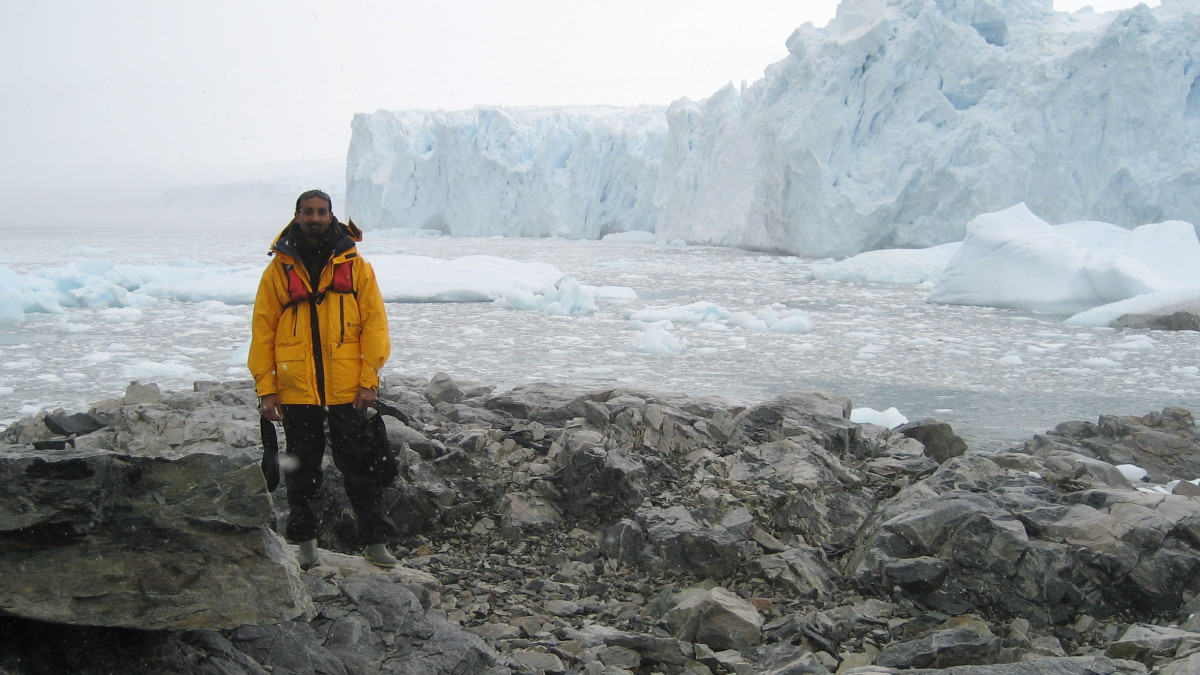 Fascination with exploration spurs alum to visit 7 continents
Fascination with exploration spurs alum to visit 7 continents Yo ho! Yo ho! A sailor’s life for Stotesbery
Yo ho! Yo ho! A sailor’s life for Stotesbery Zimbabwean student lives dream, heads to Greencastle
Zimbabwean student lives dream, heads to Greencastle ‘Accidental nomad’ responds to whisper and whim
‘Accidental nomad’ responds to whisper and whim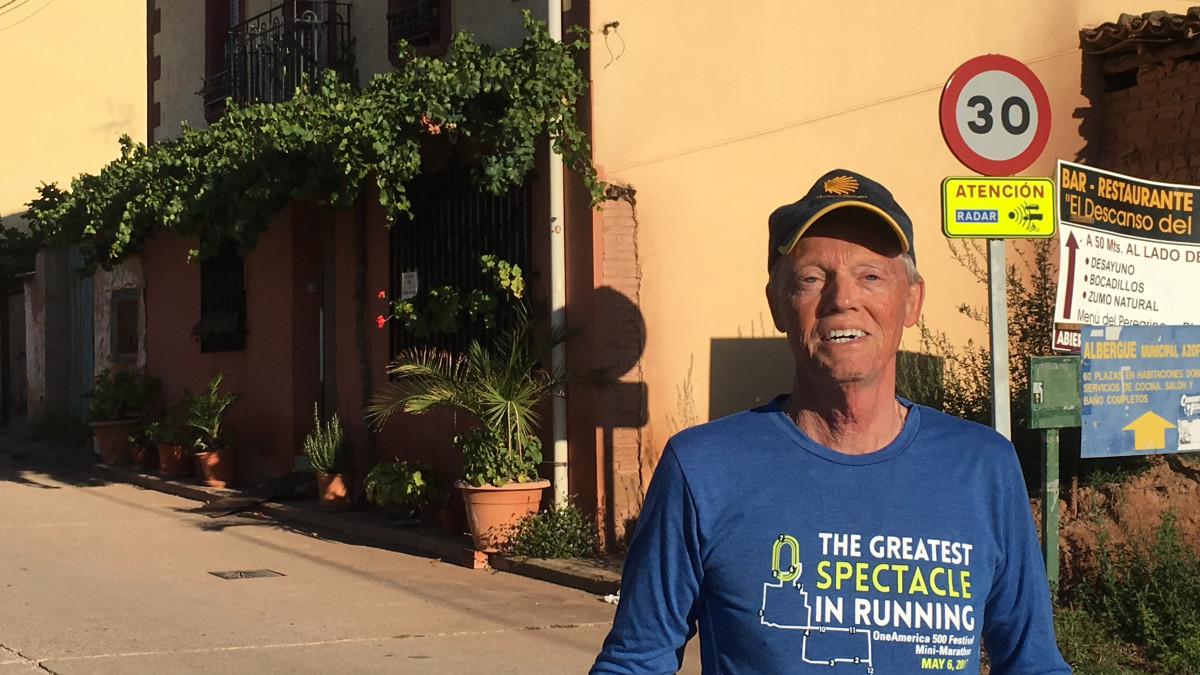 Alum discovers adventure during Camino pilgrimages
Alum discovers adventure during Camino pilgrimages 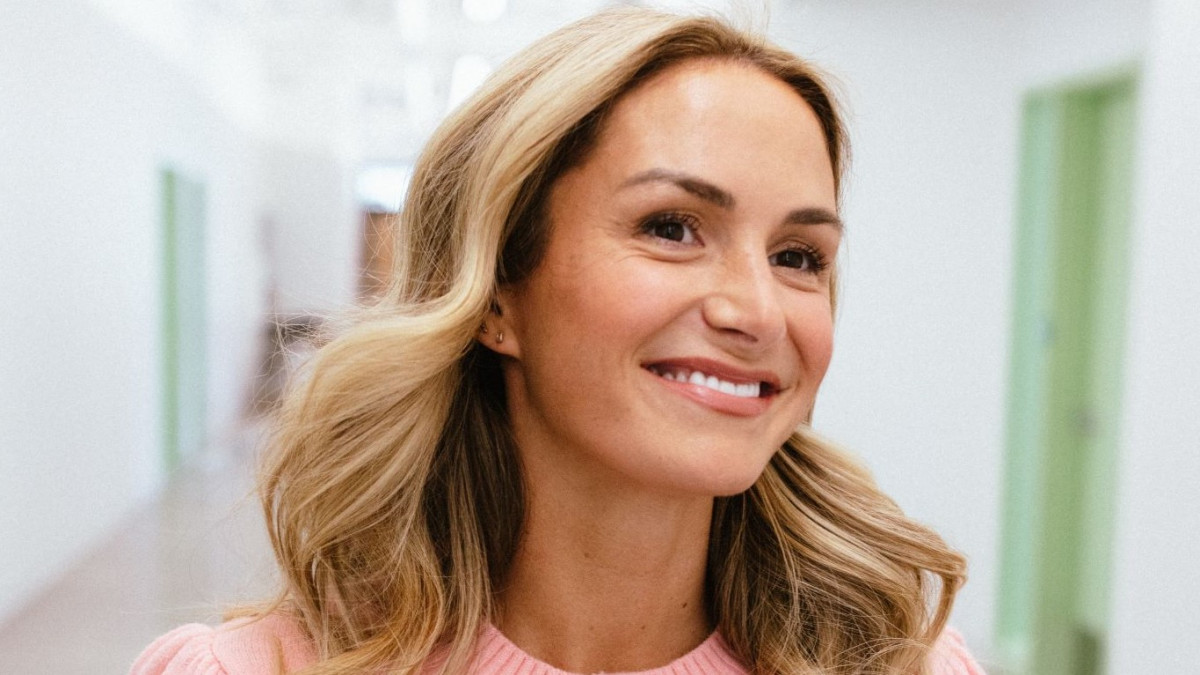 Risk-taking entrepreneur seeks everyday adventure
Risk-taking entrepreneur seeks everyday adventure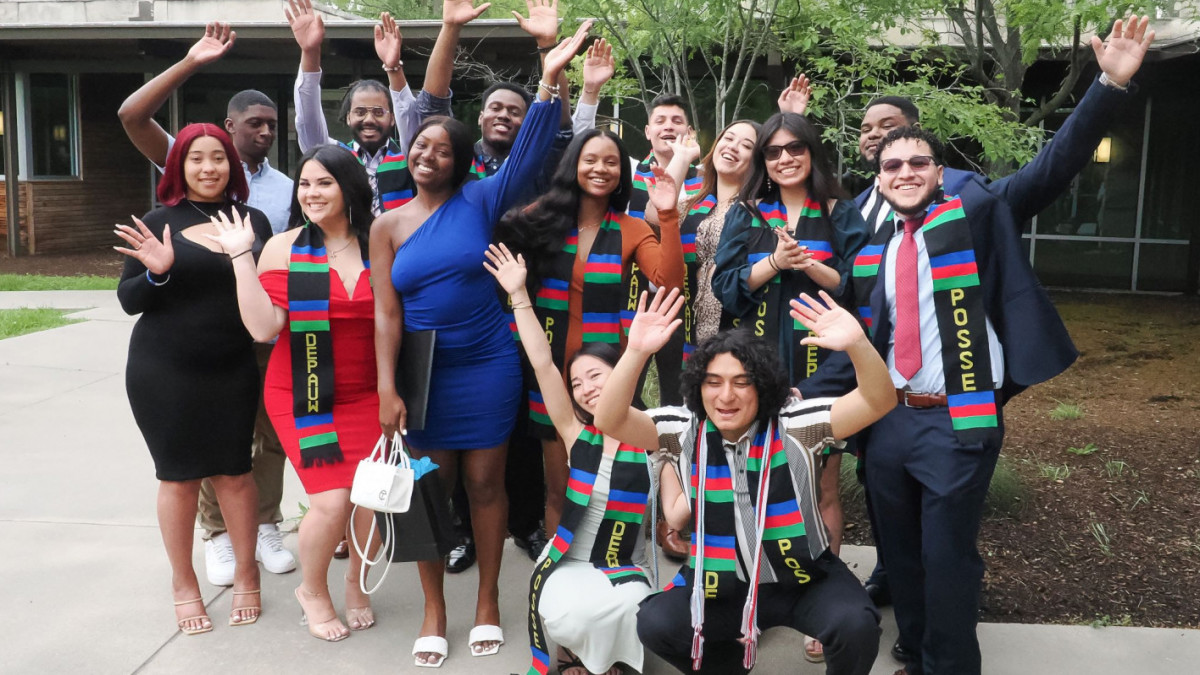 For 25 years, Posse program has produced leaders the world needs
For 25 years, Posse program has produced leaders the world needs Posse prepared alums to promote positive change
Posse prepared alums to promote positive change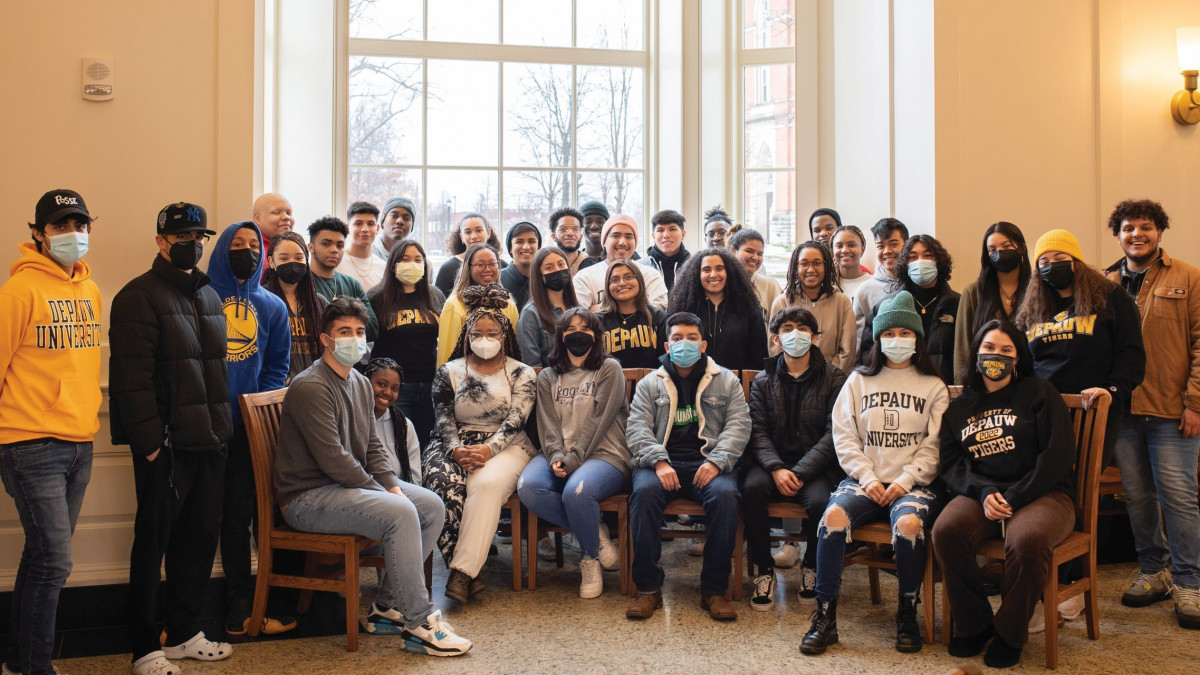 Posse leads to career excellence for these alums
Posse leads to career excellence for these alums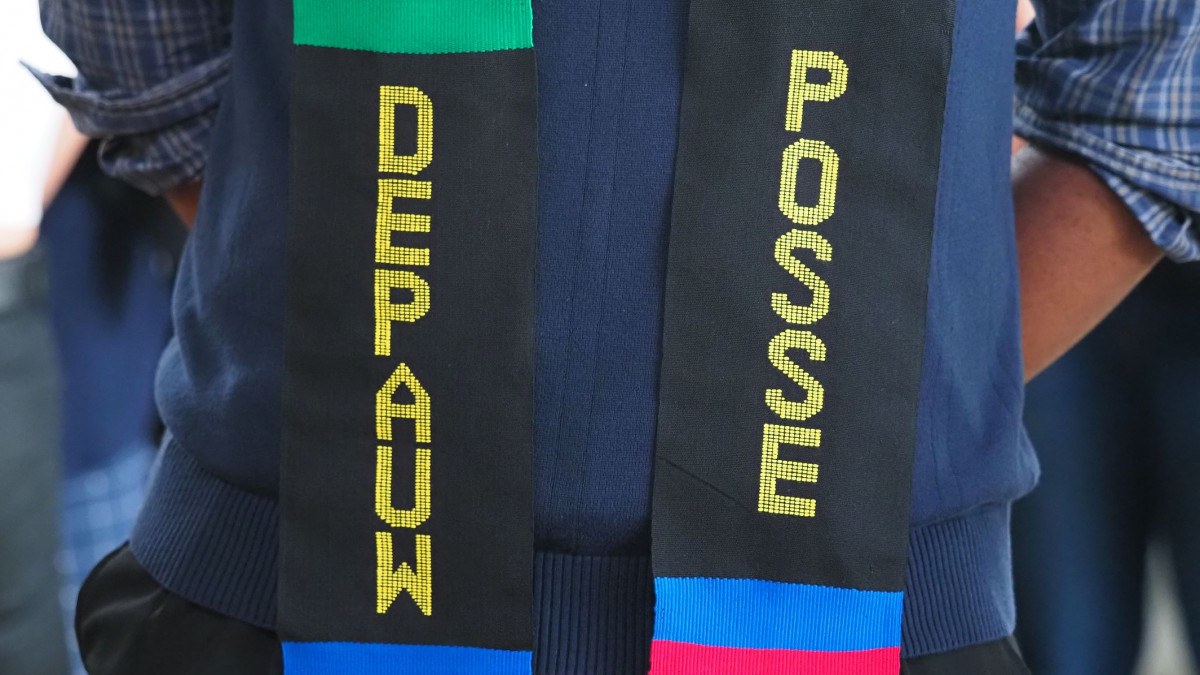 Posse and DePauw partner to prepare promising professionals
Posse and DePauw partner to prepare promising professionals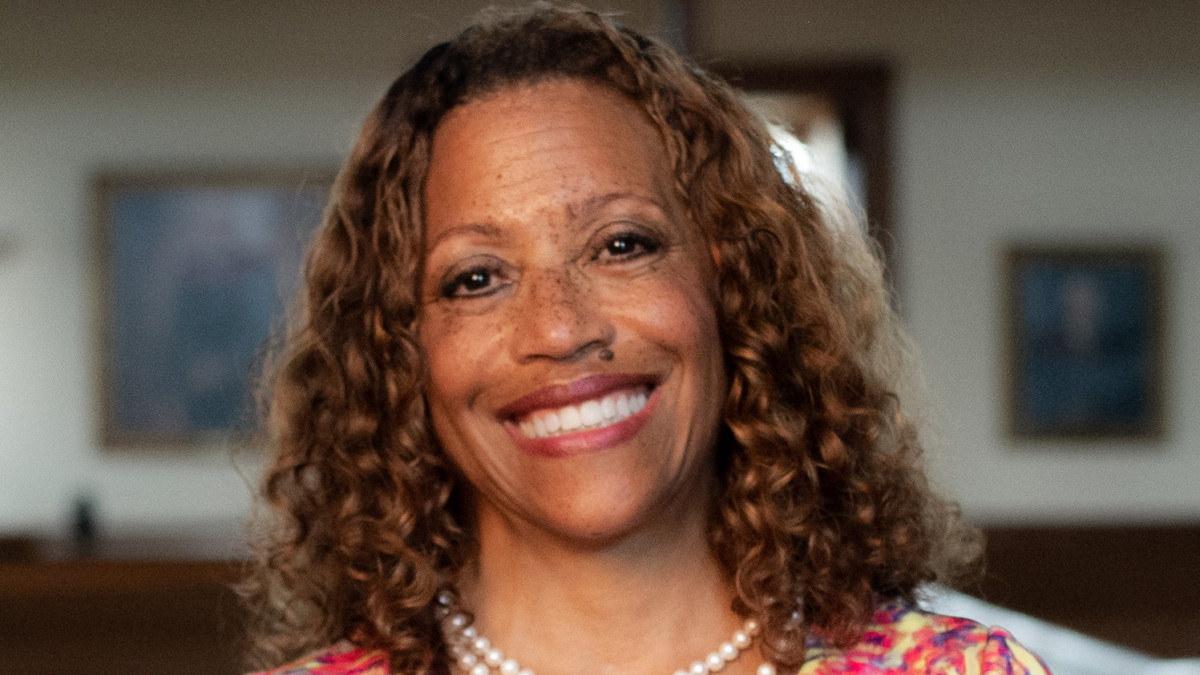 A message from the president
A message from the president The new VPs: Exploring new vistas at DePauw
The new VPs: Exploring new vistas at DePauw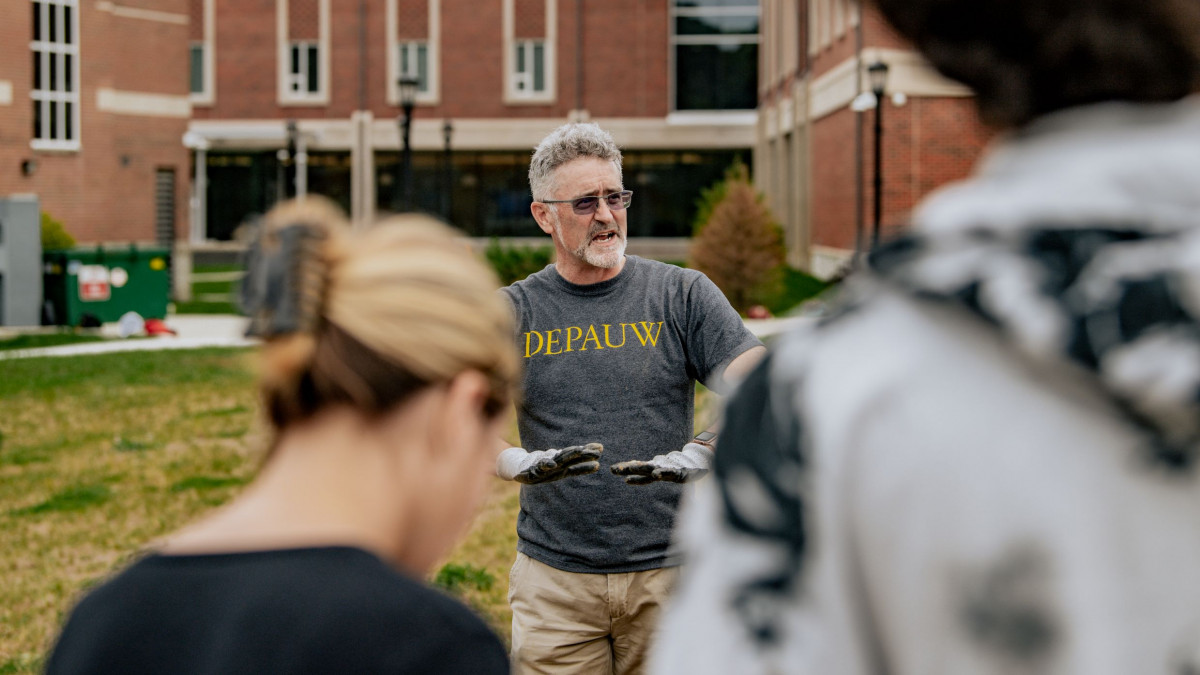 The Bo(u)lder Question by Pedar Foss
The Bo(u)lder Question by Pedar Foss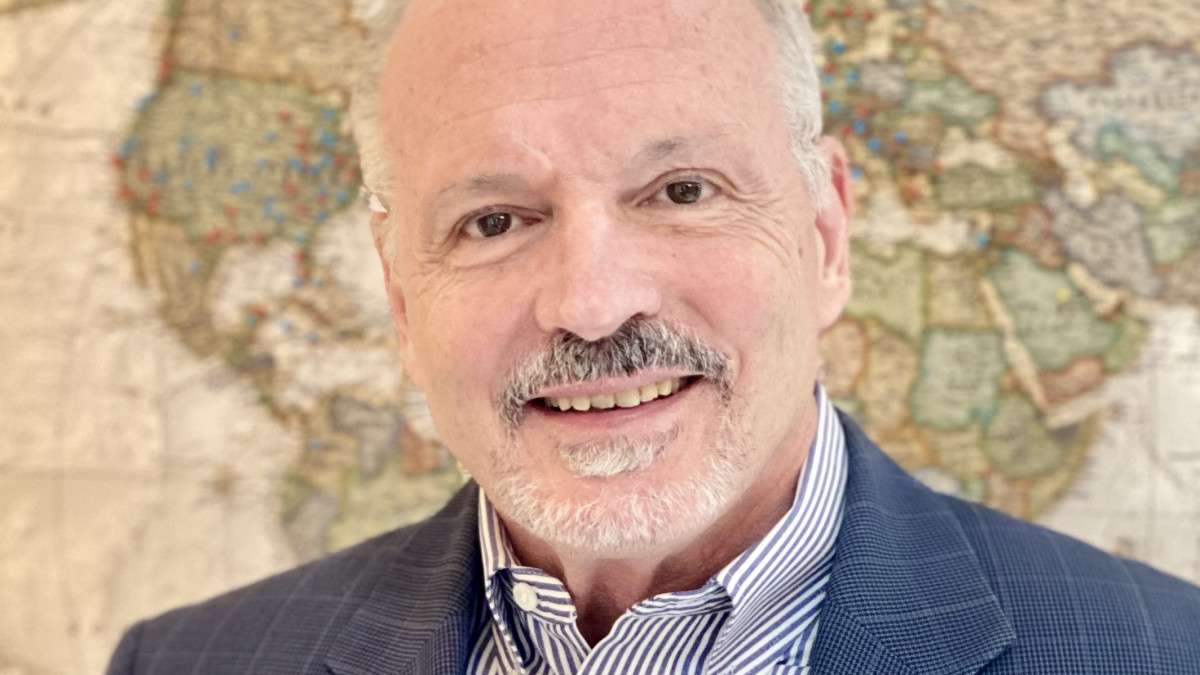 First Person by Roland T. Rust ’74
First Person by Roland T. Rust ’74 DePauw Magazine: Adventure!
DePauw Magazine: Adventure!
DePauw Stories
A GATHERING PLACE FOR STORYTELLING ABOUT DEPAUW UNIVERSITY
Browse other stories
-
Athletics
-
Football - Robby Ballentine Repeats as D3football.com Second Team All-America
-
Men's Basketball - DePauw Extends Win Streak to Five; Jacobs Reaches 1,000-Point Plateau
-
Women's Basketball - Tigers Top Ephs for Third Straight Win
More Athletics
-
-
News
-
Student and Professor Share Unexpected Writing Journey
-
Four in a Row! DePauw Wins 131st Monon Bell Classic
-
Jim Rechtin '93 Featured in Fortune Magazine
More News
-
-
People & Profiles
-
Entrepreneurs Eric Fruth ’02 and Matt DeLeon ’02 Are Running More Than a Business
-
Rick Provine Leaves Legacy of Leadership and Creativity
-
History Graduate Cecilia Slane Featured in AHA's Perspectives on History
More People & Profiles
-
-
Have a story idea?
Whether we are writing about the intellectual challenge of our classrooms, a campus life that builds leadership, incredible faculty achievements or the seemingly endless stories of alumni success, we think DePauw has some fun stories to tell.
-
Communications & Marketing
101 E. Seminary St.
Greencastle, IN, 46135-0037
communicate@depauw.eduNews and Media
-
News media: For help with a story, contact:
Bob Weaver, Senior Director of Communications.
bobweaver@depauw.edu.